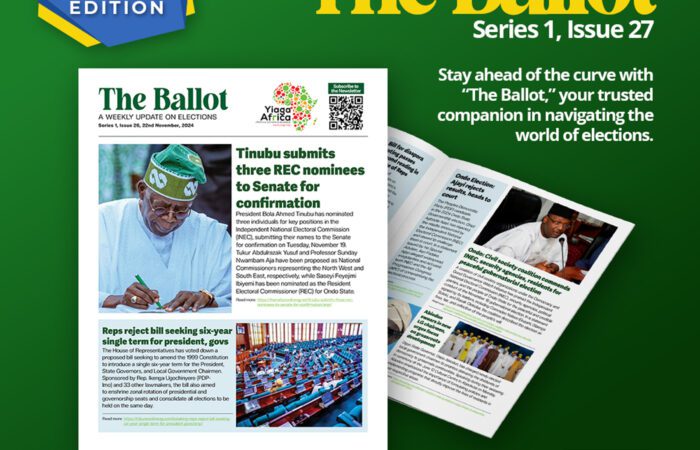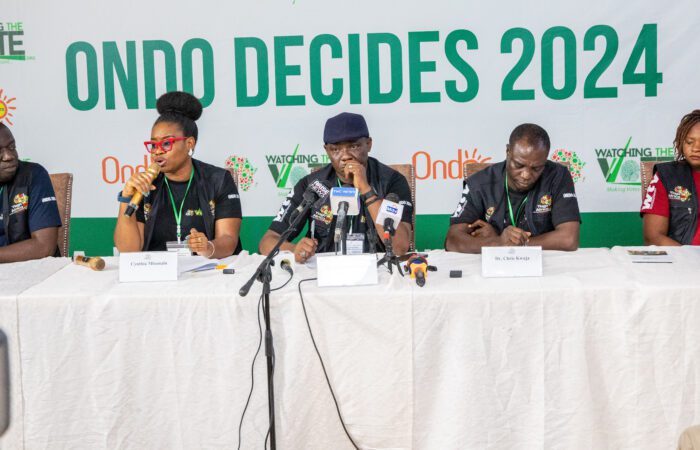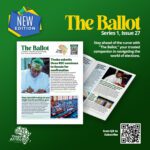The COVID-19 pandemic has had an extensive impact on the electoral process in Nigeria. Not only has it led to far-reaching disruptions in the electoral system, it has also specifically led to the postponement of elections and created uncertainties about scheduled ones. The Commission, cognizant of the profound impact of the pandemic on the electoral process, extensively deliberated on how best to respond to the impact of the pandemic on election administration. The situation is made worse by the global economic impact of the pandemic and its knock-on effect on the Nigerian economy, which has seen a decline in funding for government activities. Expectedly, this trend will also affect the work of the Commission. Conducting elections in a pandemic such as COVID-19 is yet uncharted waters. Only very few jurisdictions have any experience with this. That notwithstanding, the Commission is committed to conducting all elections that are due within the
extant legal framework. However, in so doing it will put a premium on public safety and mitigation of health risks from COVID-19. Citizens must be assured that they will be safe while participating as voters, candidates and officials. The Commission remains committed to raising public confidence in the electoral process in spite of the challenges posed by the pandemic and to regularly communicate its actions and challenges to the public. This would from time to time occasion alterations in its procedures, rules and regulations, as is the case with the present policy. The broad objective of this policy framework is, therefore, to prepare the Commission to respond to the effects on the electoral process of the twin challenges of COVID-19 pandemic and looming cuts in government spending and to communicate these to its stakeholders.







